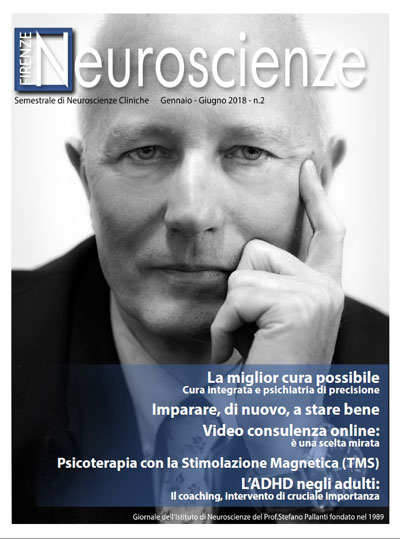Roberto di Rubbo, Elena Sogaro, Stefano Pallanti (Florence, Italy)
Psychoanalytical psychotherapyview the sense of personal identity shows a paradoxical aspect. It enhance the knowledge of the self, particularly of the unconscious. However, simultaneously, it stresses the gap between the knowledge of ourselves and what is thought inside our mind. A case report of the communicative evolutive psychodynamic group (CEPP-G) is presented to illustrate how the communicative evolutive approach may help therapists to identify evolutive processes and lead to interventions which may contribute in helping favourable compliance and results in group members with severe mental disorders, as well as in hindering interventions which may result as abstacles to evolutive processes. The CEPP-G seems to provide benefits in interpersonal feed-back, therapeutic alliance and a sense of personal identity
Communicate Evolusive Psycotherapy Adapted



